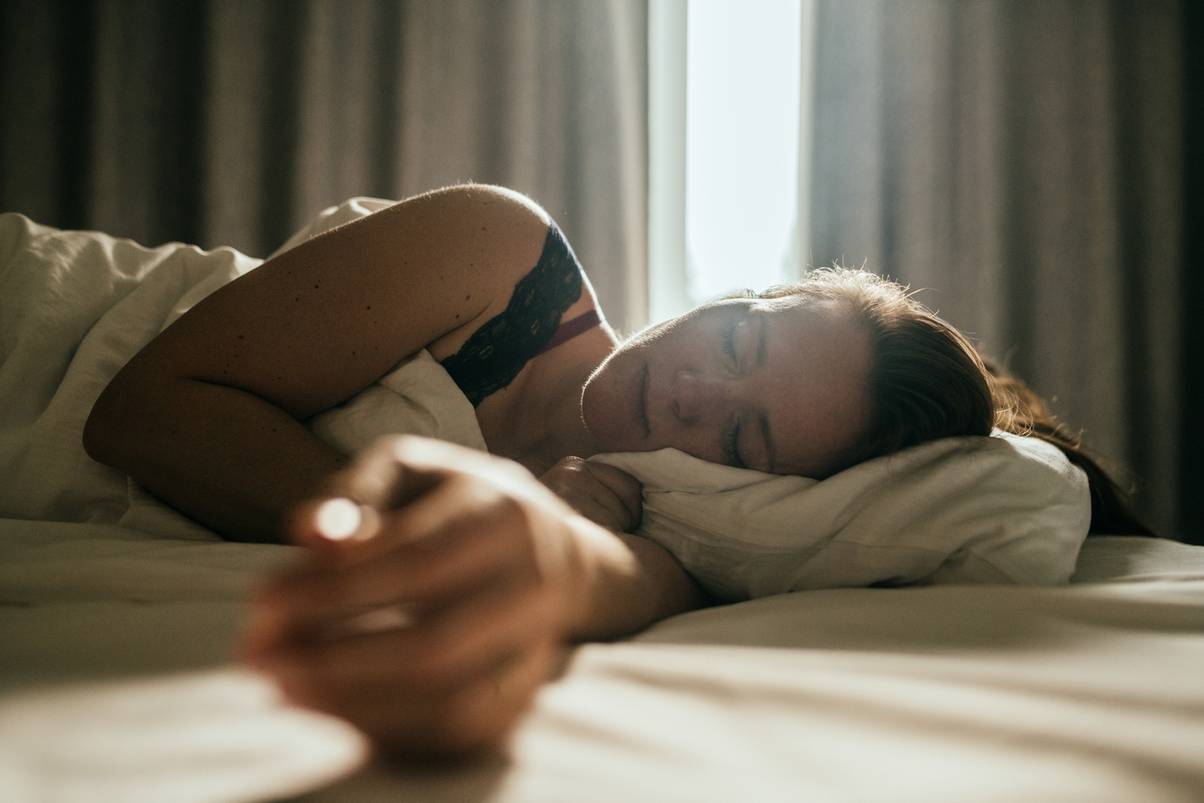
“New Year, new me!”
That particular phrase has started to be mocked a bit more in recent years, but the New Year still brings with it the feeling of a fresh start, and a chance to set some new goals.
Resolutions come in all shapes and sizes, with some vowing to cut back on eating and drinking after the festive period while other people set bigger, long-term goals, like ‘see the world‘ or ‘start a new career’.

Whatever the goal may be, it comes with a challenge: actually sticking to it while still going about the tasks of day-to-day life. It’s easy to let goals get forgotten as the year wears on, and data released by the UK-based research company YouGov has actually revealed that only one-third of people who take up a new resolution actually manage to turn it into a hobby.
With that in mind, researchers sought to determine how we can do a better job of sticking to our resolutions – and there’s actually quite a simple solution.
In the study, researchers asked more than 100 people about their sleeping patterns before following them for a week. The participants received texts at random times to ask what they were doing, and to gauge their sleepiness levels.
What the researchers found was that the participants who were getting less sleep and feeling more tired were more likely to fall back on habitual behaviors such as watching TV instead of exercising, or eating junk food rather than opting for healthier options.

This is because tiredness causes the brain to switch to ‘autopilot’, encouraging us to rely on tried-and-tested ways to save energy. A tired brain also makes self-control more difficult, meaning we’re less motivated to stick to resolutions.
Speaking to The Telegraph, Dr Benjamin Gardner, director of the Habit Application and Theory group at the University of Surrey, said: “When we’re trying to make positive changes to our behaviour, feeling drowsy can put us at real risk of lapsing back into our old, unwanted bad habits.
“Lapsing can cause us to lose confidence in our ability to change and make us give up.”
So in order to stick to resolutions, the team recommended getting enough sleep to fuel the alertness and willpower needed to support new habits.
If you manage to push through and stick to your resolution, the discovery that people are more likely to act habitually when feeling sleepy could actually be good news. If the new goal becomes a habit, the brain will continue to stick to it even when sleepy.
Dr Amanda Rebar, co-author and associate professor of health promotion education at the University of South Carolina, said: “Our study shows this definitively: people were more likely to act habitually when they reported feeling sleepy. While this can result in higher levels of good habits, it can also lead individuals to fall back on bad habits.”